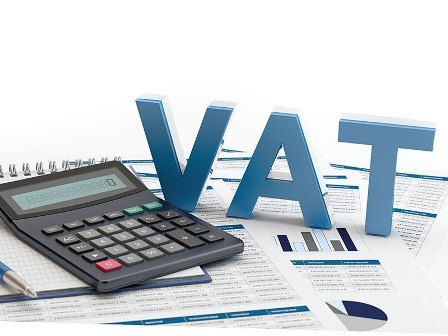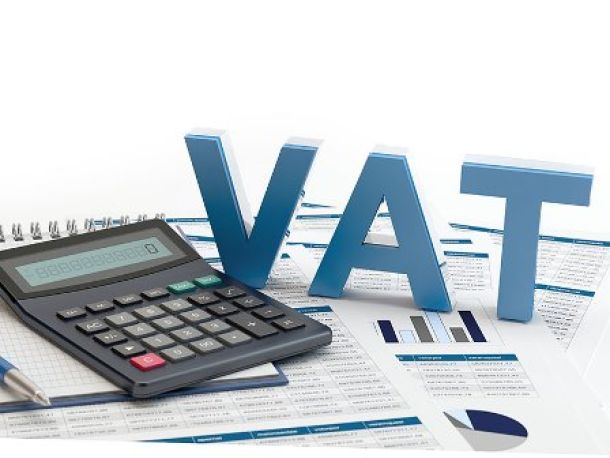
Big VAT changes for South Africa planned
By: Shaun Jacobs – Daily Investor
The National Treasury has released the Draft Taxation Laws Amendment Bill for 2024, with significant changes coming for Value-Added Tax (VAT) in South Africa.
The amendment bill outlines several changes to how VAT is levied. However, experts have identified three major changes that will affect businesses and consumers across South Africa.
The most significant change is the narrowing of the period in which companies can submit their VAT claims.
South Africa’s VAT system gives vendors a mechanism to recoup VAT paid on business purchases through input tax deductions.
This essentially reduces the overall VAT burden for businesses. However, the VAT must have been incurred on goods or services used for taxable supplies, meaning those subject to the tax themselves.
Under the current act, these claims can be submitted within five years of the end of the tax period in which the good or service was purchased.
This was allowed in the original legislation as a grace period for companies to ensure they can provide SARS with the proper documentation to submit the claim.
Furthermore, this allows companies to manage their tax obligations and cash flow more effectively over the five-year period.
The amendments to South Africa’s tax laws aim to greatly reduce this grace period by ensuring claims are made during the tax period in which the business purchased the goods or services.
National Treasury explained the reasons for this change in an explanation regarding the amendments to the tax laws.
Treasury said taxpayers often find themselves in the position where input taxes that should have been deduced in previous tax periods were not finalised timeously.
“It has come to the government’s attention that there is a practice whereby the input tax of previous years is claimed after the tax period in which the vendor was entitled to the input tax credit,” it said.
This makes it difficult for companies to comply as they can easily lose track of which tax invoices were deducted in which period. This increases the chances of a double deduction.
Thus, the National Treasury proposes to scrap the five-year grace period to ease the administrative burden on taxpayers and SARS.
However, tax experts at PwC said there are a few concerns with this proposal.
In particular, businesses may encounter difficulties if they receive non-compliant invoices or need to make multiple adjustments.
Additionally, the current eFiling system might not be fully equipped to handle these changes smoothly.
The other major changes that will have wide-ranging effects are focused on SARS’ electronic services regime and foreign donor-funded projects.
The worldwide rise of electronic commerce necessitated a new approach to VAT collection on cross-border electronic services, with South Africa implementing changes coming in April 2014.
Before 2014, VAT collection from foreign electronic services was ineffective due to low customer compliance with the “reverse charge” mechanism.
This inefficiency resulted in lost revenue and gave foreign providers an unfair competitive edge by not collecting VAT. The 2014 reforms successfully removed this disparity.
In April 2019, South Africa expanded its VAT scope to capture a broader range of foreign electronic service providers. This change surpassed international guidelines, aiming to maximise VAT collection on both B2B and B2C services.
While many non-resident suppliers adhered to the new regulations, some were unaware of their VAT responsibilities, leading to penalties and interest on past liabilities.
In its draft amendment bill, the National Treasury proposed major changes to the taxation of electronic services to streamline administration by restricting VAT collection to instances where foreign suppliers sell directly to consumers (B2C).
This marks a reversal of the 2019 policy. Businesses that previously registered to collect VAT on B2B transactions may no longer be required to do so.
National Treasury also aims to make changes to how Foreign Donor-Funded Projects are treated with regard to VAT levied on expenses related to the projects.
Agencies managing these projects have faced difficulties since the changes introduced in 2020.
Obtaining FDFP approval is often time-consuming, causing project delays. Additionally, the complex procedures and administrative burdens deter foreign donors from participating.
The necessity for tax experts to navigate the system adds to the costs for both donors and implementing agencies. Frequent changes and inconsistent application of the FDFP VAT legislation contribute to further uncertainty.
These challenges undermine the legislation’s intended benefits and may discourage foreign aid that supports South Africa.
National Treasury and SARS have proposed a review of the FDFP VAT registration process to simplify and improve its efficiency.
Currently, each FDFP requires a separate VAT registration, adding to the administrative complexity.
The proposed solution is to allow implementing agencies to register all their FDFPs under a single VAT number, significantly reducing their administrative burden.
News Category
- International retailers
- On the move
- Awards and achievements
- Legislation
- Wine and liquor
- Africa
- Going green
- Supplier news
- Research tools
- Retailer trading results
- Supply chain
- Innovation and technology
- Economic factors
- Crime and security
- Store Openings
- Marketing and Promotions
- Social Responsibility
- Brand Press Office
Related Articles

NHI: Business gears up for possible legal battl...

Electricity Regulation Bill will open competiti...

New Minimum Wage Set to Take Effect on March 1s...

Spar director fined R1 million after refusing n...


